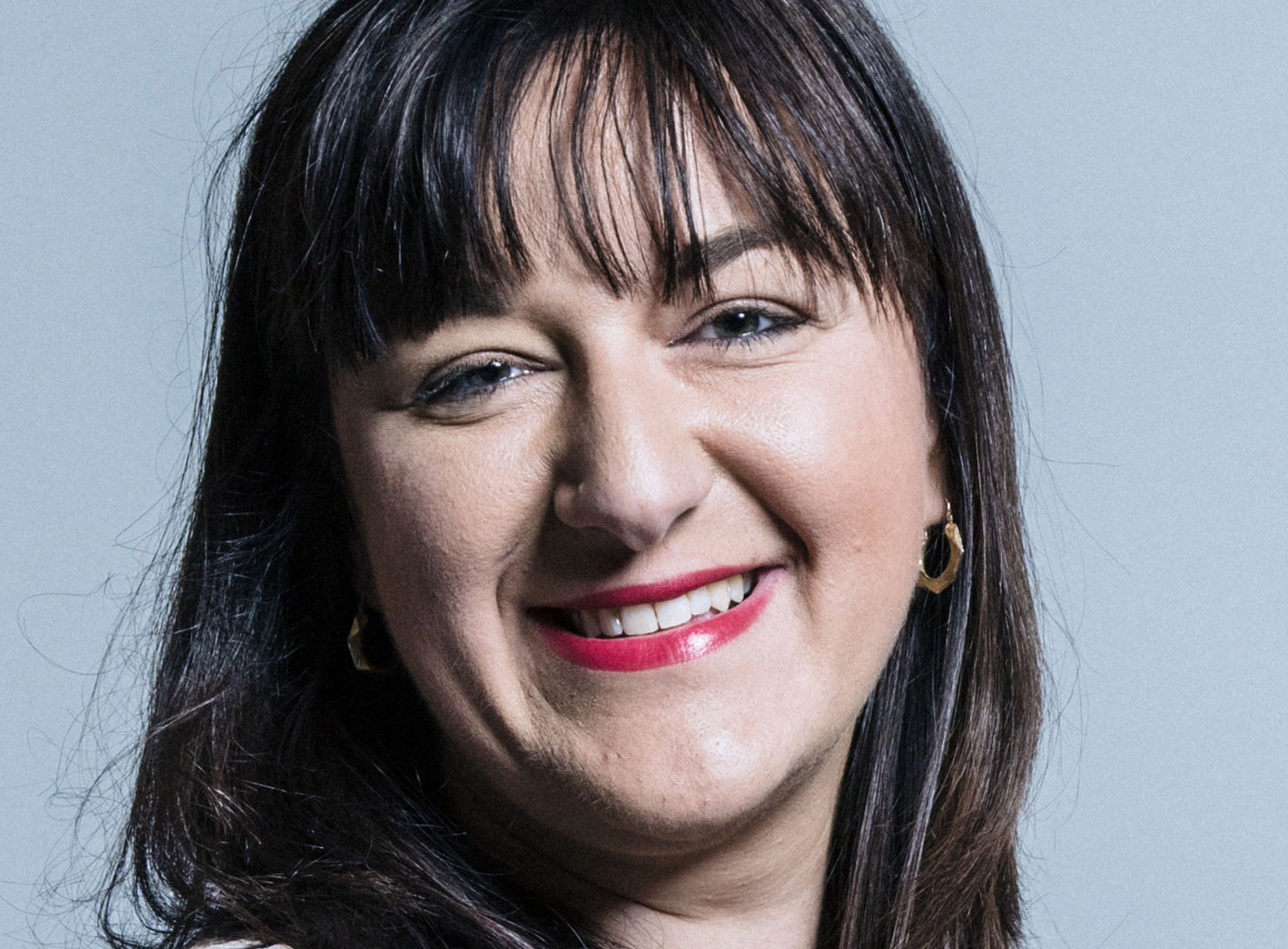[vc_row][vc_column][vc_single_image image=”117686″ img_size=”full” add_caption=”yes”][vc_column_text]As you may have seen from our social media feeds and our website, Index on Censorship is working to ensure MPs and the public are aware of the unintended consequences that may arise from the UK Government’s planned Online Safety Bill.
The Bill is based on the ‘duty of care’ concept, which underpins health and safety law in the workplace. However, there is a huge difference between protecting workers from workplace injury and protecting citizens from harm on the internet at the same times as protecting our fundamental freedom of expression rights.
The Bill has introduced the concept of ‘legal but harmful’ and would give social media platforms the power to remove content that could be considered ‘harmful’ to some people. But who makes that decision? Governments, private companies, an algorithm? Who decides when an idea is harmful but remains legal? Where would we be if the suffragettes had been considered harmful? Where would we be if Pride marches had been considered harmful? Where would we be if the civil rights movement had been considered harmful? This is a fundamentally flawed concept.
We already have laws against child abuse, against hate speech, and against death threats – what we need is not more legislation, but more training and resources for the police and relevant organisations to tackle these crimes. The risk with the Online Safety Bill is that not only are these resources not given to tackle issue of child abuse, but that more freedoms and rights are taken away from people and our democracy threatened.
The EU are now developing their own online legislation along the lines of the Online Safety Bill with their Digital Services Act. Across the world, the dominance of social media is generating real issues for regulation and, particularly, in considerations of who is responsible for what is posted online and what is liable to be taken down. Determining the answers to both of these questions is not a simple process with no simple answer but considerable pitfalls for democratic rights. Failing to answer these questions in hurried legislation is a poor substitute for a considered response to what are legitimate concerns.
Over the next few months, Index will be working with European organisations to raise awareness of the ‘unintended consequences’ of the Digital Services Act that will hopefully also help to inform the debate here in the UK. The internet is worldwide, borders are irrelevant, and we have to ensure that vulnerable and marginalised voices are not erased from our societies. The internet is our new Wild West, but we must be careful of knee-jerk reactions that aim to do some good but end up restricting the freedoms we all value.
We have launched the #OffOn campaign to tell MEPs not to switch off our freedoms online and instead to protect fundamental freedoms of expression while strengthening the rule of law relating to criminal offences.
The aims of this campaign are to:
- Preserve what works and fix what is broken
The internet is still a formidable network that connects and empowers people. Preserving and enhancing fundamental rights must be the cornerstone upon which any legislation is built.
- Limit online regulation to addressing illegal content
Ensure that the process of judicial review is at the core of any adjudication mechanism.
- Support user empowerment and wider participation
Legislation should focus on putting users first by allowing them to have more control over the content they see, the ability to remain anonymous online, the right to end-to-end encryption and the right to be faced with proportionate and fair content moderation practices.
- Ensure due process and legal certainty
The rules applying to the online environment should offer the same due process safeguards as those that apply offline. Arbitration about the legality of content, or its use, often entails long and careful assessments by courts offline, while unrealistic turnaround times are imposed online for the same type of decisions. We must protect the careful balance of the rights at stake, as well as create an environment of legal certainty.
- Promote these principles in international discussions
The principles and objectives we endorse should not apply only to Europeans – they should be at the centre of the EU’s contributions in any discussions in multilateral and bilateral fora it participates in.[/vc_column_text][/vc_column][/vc_row]






